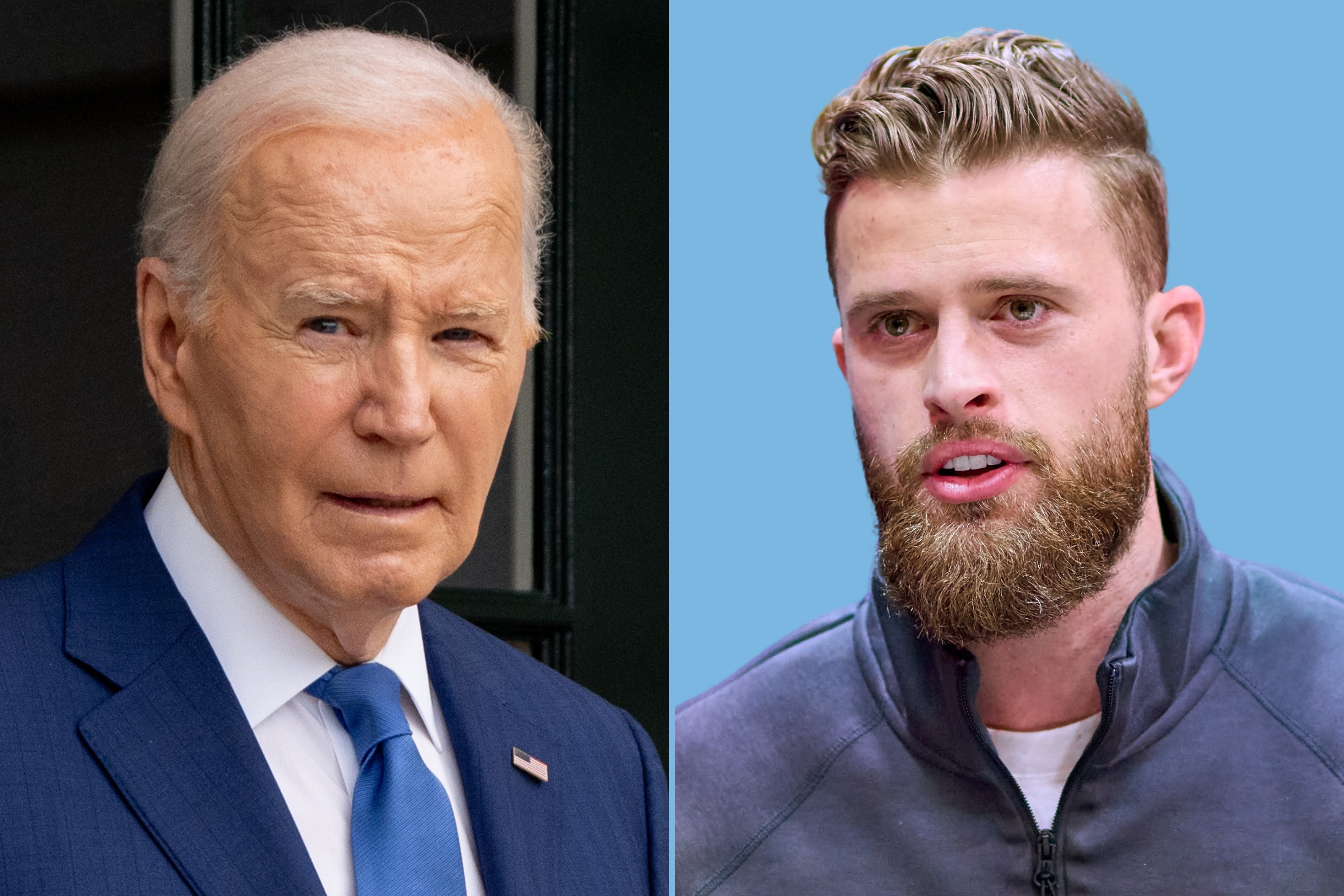As a Black man, an advocate, and an individual who believes strongly in the importance of equity, I live my life rooted in the idea that inclusivity should be considered a requirement and not a suggestion. We all embody a variety of roles in life, and while the spaces we occupy may differ, the idea remains the same.
I am a reservist, and thus a part of the military community. Having served in the U.S. Navy for nearly two and a half decades, I'm certainly no stranger to the difficulties our Black servicemembers face when defending our country.
I am also a veteran. Upon returning home from service, it's no secret to most that veterans often wrestle with varying mental health challenges. These challenges and disadvantages faced by the veteran population during their period of transition into civil society disproportionately affect our subset of the population—making Black veterans even more vulnerable.
Let's take health concerns as an example. Despite making up around 12 percent of the total U.S. veteran population (2 million Black veterans as of 2022), Black veterans suffer from immoderately high rates of post-traumatic stress disorder (PTSD) and also experience poorer clinical outcomes compared to their white counterparts. These groups also report the highest delays in care when seeking mental health treatment, and in many cases, they're far less likely to receive it. If that wasn't enough, studies reported that Black veterans with PTSD are less likely to be awarded disability benefits than white veterans.
Beyond limited access to health care and benefits, Black veterans also experience a wide array of legal hurdles and social stigmatization associated with obtaining alternative therapies.
Veterans consistently cite the need for medical cannabis to help them tackle the injuries from war—such as PTSD, traumatic brain injury, and chronic pain—and their need is widely supported. Over 80 percent of Iraq and Afghanistan Veterans of America (IAVA) members supported legalization for medical use in our latest member survey, and almost 90 percent supported further researching cannabis for medicinal purposes.
Advocates and researchers even believe that legal access to medical cannabis could potentially alleviate the opioid addiction crisis reported among veterans by providing them a safer, alternative treatment for chronic pain—a crisis which, again, significantly affects Black Americans more than their white counterparts.

While the veteran population has seen significant progress in the support of medical cannabis, now that it has been legalized in 37 states and the District of Columbia, Black veterans are still positioned at a disadvantage when it comes to ease of access, as their use of marijuana is significantly more legally fraught and stigmatized.
Black individuals are 3.73 times as likely to be arrested for marijuana possession in comparison to white individuals. And the incarceration rate for Black versus white Americans is 2,306 per 100,000, in comparison to 450 per 100,000. These legal risks position Black veterans at a disadvantage in accessing the treatment they deserve.
It should come as no surprise that due to these countless hurdles, it's often too late for Black veterans to receive the help they are entitled to. There is no excuse for this—we, as a society, cannot continue to ignore such a significant portion of the population's needs.
While we have made significant improvements in our nation's legislative policy when it comes to allowing our veterans access to quality health care—such as last year's passage of the PACT Act—we still have a long way to go when it comes to obtaining the same level of support needed for our Black veteran population.
So how can we make progress?
As advocates and legislators put forth policies aimed at addressing this needed change, it is critical we ensure that policy language is inclusive and representative of all portions of our veteran population. It is also our responsibility to limit and eventually eliminate discriminatory practices that can occur when the policy is being enacted—whether it be at the Department of Veterans Affairs (VA), Department of Defense (DOD), or civilian health care settings. This is an ongoing process and requires a disciplined and continuous review of organizational processes to make sure they are not only free from biases but actively advancing anti-discrimination.
We are only as strong as the most vulnerable faction of society. We cannot improve the lives of our veterans, and in turn, larger communities they are a part of unless we advocate for our Black veterans.
Inclusivity benefits all, and it should be our prerogative, at every level, to be the deliverers of that change.
Jeremy Butler is the chief executive officer for Iraq and Afghanistan Veterans of America.
The views expressed in this article are the writer's own.
Uncommon Knowledge
Newsweek is committed to challenging conventional wisdom and finding connections in the search for common ground.
Newsweek is committed to challenging conventional wisdom and finding connections in the search for common ground.
About the writer
To read how Newsweek uses AI as a newsroom tool, Click here.





